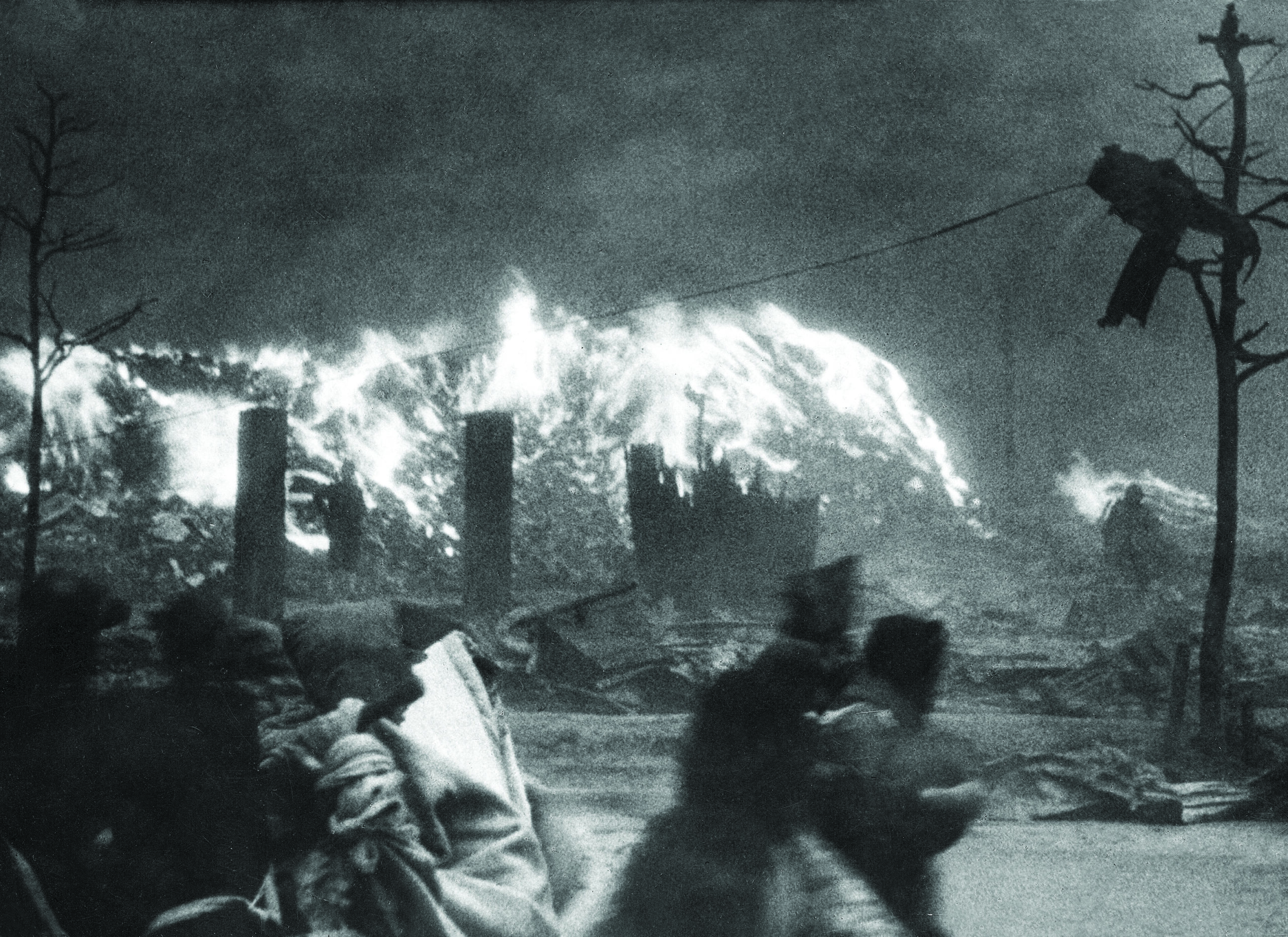A book that challenges the view that there’s nothing new to say about WWII
Subscribe to History of War now for amazing savings! Photo Credit: Alamy
Author Paul Thomas Chamberlin | Price £30 Pre-Order on Amazon | Released 8 May 2025
Reviewer John Beales
Written in an engaging and fluent style, Scorched Earth is as impressive as it is long. At over 600 pages, the engaging mixture of narrative, analysis, strategy and eye-witness testimony makes compelling and informative reading. This is a detailed survey of the origins and key events of a global conflict that shaped our modern world, and is rich with detail and insights.
Chamberlin examines how 1919’s Treaty of Versailles, signed at the end of the ‘war to end all wars’, did not end the dying; in the new states and mandates formed by the division of territories once held by the Austro-Hungarian, Ottoman and Russian Empires, over four million people died in civil and ethnic conflicts in the next five years. It was a toll higher than that suffered by Britain, France and the USA in the Great War and was ominously prescient of what was to follow.
Chamberlin’s central argument is that the Second World War was not a contained, singular event, but part of a longer episode of racial violence, colonial warfare and the ascendancy and decline of great powers. He contests the ‘mythology’ surrounding the conflict, arguing that rather than a heroic ‘good war’ against totalitarianism, it was fought by competing empires in pursuit of their own imperial aims.
He argues, convincingly, that colonial warfare, with its lack of distinction between combatant and civilian, enabled the implementation of a Total War strategy during the Second World War. The result was roughly 60 million dead, two-thirds of them civilians.
Each chapter discusses not only the origins, evolution and progress of the conflict, but also the ideologies, strategies and goals of the main protagonists, and each concludes with a section summarising and analysing the impact of the events described.
He reveals how and why Germany and Japan launched genocidal campaigns aimed at massively expanding their empires, and how the USA and Russia were transformed into superpowers through their efforts to defeat them. In a war remembered for a victory brought about by alliances, it is sobering to think that Britain and the USA had considered the possibility of a war with Russia within weeks of the end of the conflict in Europe and drew up plans that included the use of German forces.
Once victorious, the USA and Russia – former allies of convenience – saw their future national security in global terms, and the vacuum created by the collapse of the old imperial order provided them with the opportunity to implement it.
But rather than adopting a formal policy of colonisation, these new superpowers sought to exert control through ideology, economic policy, foreign aid and arms sales. If this failed, they used direct or covert military action to dominate their spheres of influence.
This ultimately fostered genocidal conflict in the post-colonial states and the threat of global nuclear annihilation. Chamberlin concludes that “the war did not end imperialism: imperialism ended the war.”
– John Beales
Click here to buy latest issue of History of War

